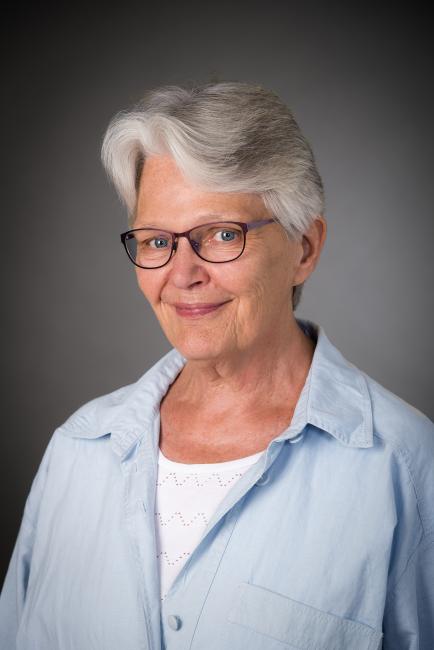Margareta Wahlström, Honorary Doctor at the Faculty of Arts and Social Sciences
Margareta Wahlström grew up in Boden in the sixties, a decade which informs her international interest. She wants to understand the complexity of the world in terms of the conflicts of that time – nuclear threats, disarmament issues and their consequences to human beings. Seeking answers, she studied anthropology, economic history, political science, the history and society of Antiquity in Stockholm. She also studied Spanish, French and Portuguese.

Margareta Wahlström’s educational background took her to Vietnam. Her visits to Vietnam have been of great importance to her career and lead to her first stationing in Cambodia for the UN and the UNHCR, the UN refugee organisation, and eventually to the Red Cross.
”The years after the fall of the Red Khmers in Cambodia, I was put to work in the Red Cross together with national staff and Red Cross volunteers – these people gave me the motivation for taking the human perspective in my work and inspired my involvement with the Red Cross for many years to come.”
Margareta Wahlström later worked for the UN in Afghanistan and she suggests that the Western world has a crucial influence when it comes to supporting or not supporting countries in crisis. During a reconstruction it is vital to be guided by caution in relation to the identity and preferences of the country concerned.
”My later years at the headquarters of the Red Cross and the UN have been important for understanding and knowing how to use trust to achieve results and how successful coordination can be built and implemented.
Margareta Wahlström’s profile is very close to the activities at Karlstad University and the Centre for Climate and Security (CCS), which she has supported in its cooperation with the United Nations Office for Disaster Risk Reduction, UNISDR and with the Swedish Civil Contingency Services, MSB. Margareta Wahlström thinks that her honorary doctorate highlights an important area of work, not always easy to understand, involving complex interconnections that have a direct bearing on future sustainability.
”I hope to contribute to developing understanding of the complex risks and of how knowledge and experience should be used in appropriate and effective ways.”

